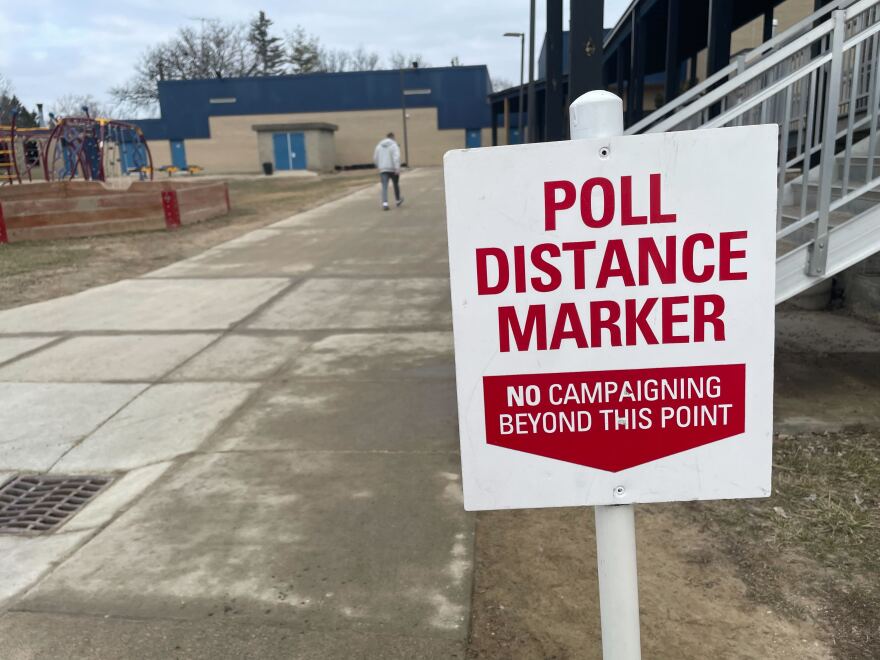The Michigan Supreme Court has revived a Republican lawsuit over election inspectors during the 2022 general election.
The suit alleged the city of Flint didn’t hire enough Republican poll watchers for precincts and absentee ballot counting boards that year. State law requires local election boards to appoint as close to an even number of inspectors from both major parties as possible.
Lower courts had dismissed the case, finding the state and national Republican parties didn’t have legal standing to sue.
“To construe MCL 168.674 and MCL 168.765a as granting to major political parties’ state and national organizations a right to enforce the partisan-composition provisions would read into the statutes provisions that the Legislature did not include,” the Michigan Court of Appeals majority opinion read after a three-judge panel split its verdict 2-1.
Now, the state Supreme Court has rejected that position.
In an order issued Monday, the court remanded the case back to the circuit court level for a possible trial after finding the Republican parties did, in fact, have standing.
“[G]iven the role of major political parties, such as plaintiff, in the electoral process through their affiliated inspectors and under Michigan’s election laws, these parties have a unique interest in ensuring the fair and equal treatment of party affiliated candidates during voting and the counting of ballots, which is fulfilled through party-affiliated election inspectors,” the court’s order wrote.
Chief Justice Megan Cavanagh dissented and Justice Noah Hood sat out the decision since he was appointed to the Supreme Court in April and hadn’t yet taken office when the court took the case.
Aside from the political parties, nonpartisan voting rights groups took interest in the case too.
That includes the ACLU of Michigan, which filed multiple briefs with the courts. ACLU Attorney Phil Mayor said the question over standing is too often used to block access to justice.
“The government here had tried to parse in a sort of hypertextual way the statute in an attempt to keep a case from being heard by the courts that really deserved to be heard. And what the Michigan Supreme Court said today is we’re not going to tolerate that,” he said Monday.
Mayor said blocking cases based on the concept of legal standing is more common in the federal court system. He welcomed the Michigan Supreme Court’s rejection of that, saying it could leave the door open for other groups who feel wronged by the government.
“The underlying case may be about politics. But the standing question that the Michigan Supreme Court decided today is not about politics. It’s about making sure that courts are open to decide important questions about people’s rights,” Mayor said.



